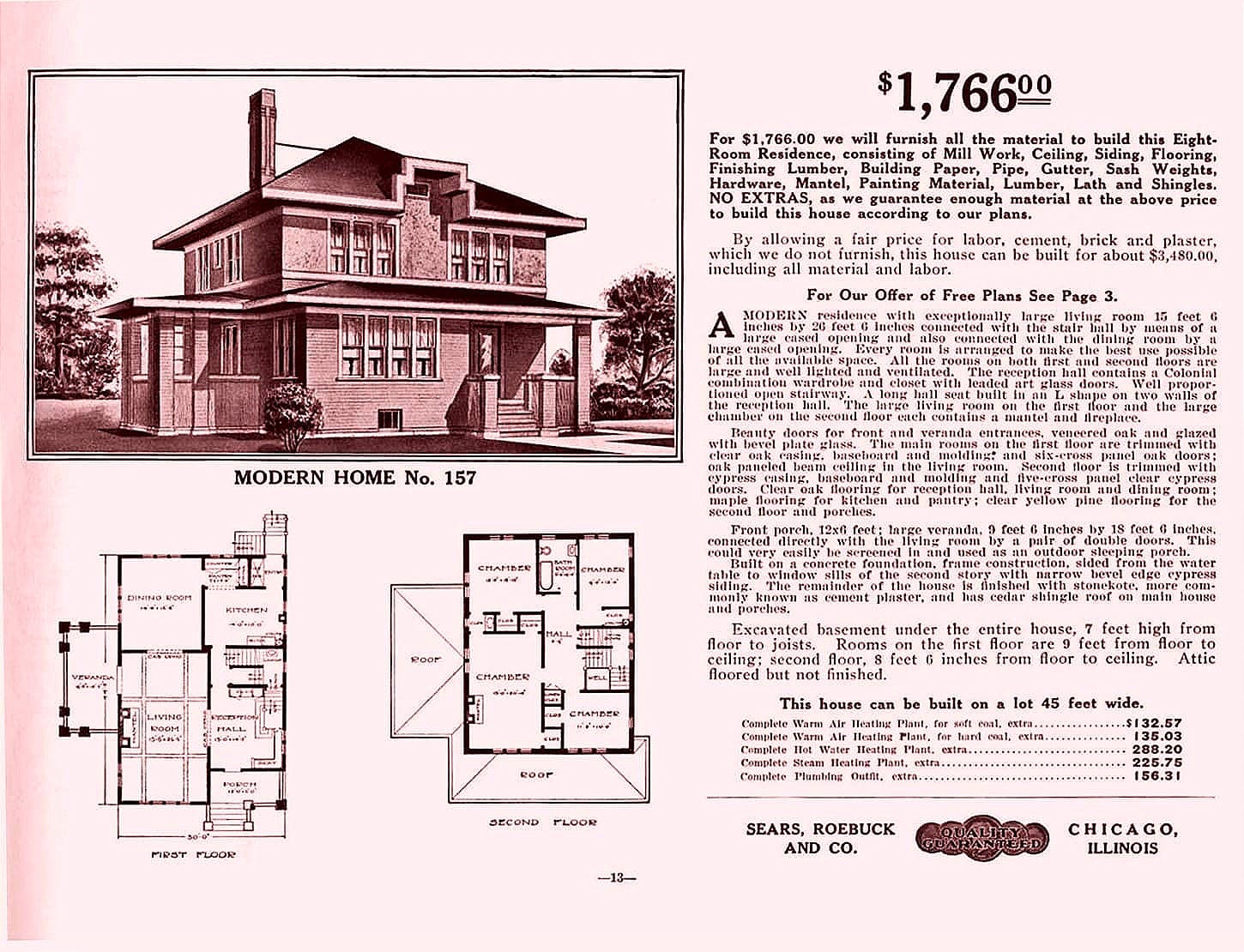A Calculated Demise: Regarding Profit and People

Lately, a new and voracious business model has come to prominence, replacing customer care with outright indifference, and, in certain sectors, turning American workmanship into a travesty. Its mantra is writ large upon the landscape of commerce and industry: profit before people, or, as we might regard it, greed before good, a rallying cry of corporate ambition and the new technocracy. The story of how we arrived at this point is complex and beyond the scope of this reflection, finding its origins in the darkness of human nature. Suffice it to say, we (who are old enough) remember the glory days of ease and luxury that reached their peak during the 1980s, the height of American consumption. In those days, the customer was king, and service often exceeded expectations, with faith in American workmanship and ethics being the norm. And now, with the glories of yesteryear in mind, let's consider our present situation through the lens of consumer experience.
RV Industry Scandals
In recent years RV owners have noticed a trend, a pattern of vehicle failures that cannot be justified--even for an unregulated industry. From "frame flex" and incorrectly installed plumbing (to fixtures lacking screws) and parts simply falling off from regular use, quality control issues are becoming the norm. Why? As larger companies purchased smaller ones to become massive corporations--Thor and Tiffin coming to mind--they began to use inferior parts and rushed their production schedules, often utilizing inexperienced workers. Moreover, piecework has overtaken the industry, hourly pay, pride in craftsmanship, and employee benefits fading into historical memory. The result has been catastrophic for buyers at all price points, with failures impacting luxury models as well as budget options. And, predictably, many companies are unwilling to compensate customers and assume responsibility for faulty products. As of this writing, the YouTube channel Liz Amazing has chronicled many cases.
Corporate greed and employee/customer abuse are not new problems. However, as they become standard operating practices, and the laws continue to favor large corporations, putting profit before people has become an indispensable business model. Needless to say, it has become increasingly difficult for honest builders to survive. In the RV world, we can think back on companies like Lazy Daze, a "boutique" brand that turned out far fewer products but maintained a superb level of quality. In today's market their RVs would be prohibitively expensive, out of reach to all but the wealthiest customers. In an interesting bit of irony, the CEOs who have destroyed the industry can afford custom-built RVs, and don't need to rely on their own products. And this raises an important question.
Is there an agenda to destroy the middle-class and empower the elites to continue re-shaping society in their favor? The evidence appears to speak volumes, as people of modest means are stretched to the breaking point.
In the face of declining quality, prices have increased dramatically, with many customers spending upwards of $200,000, and some over half a million for their RVs. And what are their options when things go wrong? When consumers face indifference from manufacturers, Liz Amazing can often advocate for them, social media being the great equalizer in many cases. Really, it's quite sad that corporations must be threatened with public disgrace and forced to assume responsibility.
Had the men and women of the 1950s conducted business in this manner, with greed and contempt for their customers, the age of American prosperity would never have materialized. Of course, greed and corruption are nothing new, but government regulation and a modicum of integrity served our predecessors well. Now, let's move from the production of tangible goods to the realm of healthcare--if you can call it that.
Online "Therapy"
While watching van life videos, I noticed that a particular company--which will remain unnamed here--was enthusiastically endorsed by content creators, its services being a bit questionable, at best. Online therapy? Yes, that's what they call it.
In short, creators rave that a quick video call with a "qualified therapist" has made all the difference in their lives. So, if their viewers are in need of speedy mental health services, a life-changing solution is available, in the form of an affiliate link. However, because many people suffer from very serious problems, the promise of easy online solutions bears scrutiny. What is actually happening here?
Well, it's the magic of product endorsement, re-envisioned for the age of internet marketing. YouTube publishers make a profit from promoting products and services to their subscribers, sometimes becoming wealthy in the process. But what happens when viewers who need specialized care trust their favorite van lifers or true crime podcasters? Suffice it to say that online therapy is a new trend with dangerous implications, and those who profit from promoting it should be scrutinized.

Although online care might be helpful for those with minor issues, the problem--which has been widely documented in court cases (and by subsequent YouTube videos) --has to do with overall quality as well as ethics. The company in question has shaped the industry while setting problematic standards of care and service.
Much like their counterparts in the RV industry, they have scaled production to an untenable level and put their customers at risk, this while often turning to unlicensed practitioners. What was once a serious profession is increasingly becoming a side hustle. Moreover, as gig work becomes normalized for licensed therapists, their professional credibility and living standards will continue to decrease. With this in mind, we move to the subject of information ethics.
Perhaps the most serious allegations against the company pertain to their use of client information. True, the complex relationship between privacy laws and online patient care has yet to be fully clarified. And the company rightly claimed that they were following industry standards in this area. However, the question of how and why they share patient information must be considered. In the end, the situation has everything to do with trust.
Patients entrust the company with demographic details as well as their private medical histories. And, when profit comes before all else, both will likely be used to increase the company's wealth. This situation presents an ethical crisis of considerable magnitude.
Clearly, the online therapy industry was created for a reason, to support the profit before people business model. Now, what happens when we transfer this ethos to the world of affordable housing?
Sears Houses and Amazon Sheds
,
To conclude, we have an example from Kendra Gaylord, a YouTube publisher who studies residential architecture and its relationship to pop culture, two subjects quite dear to my heart. In a recent piece, Gaylord examined the history of mail order houses, from the kits sold by Sears (from 1908 to 1942) to the recent offerings from Amazon, foldout boxes variously called "houses" and sheds or, in some cases, "supplemental office spaces." In all situations, however, the new kits do not conform to any building codes that would enable customers to utilize them, at least not in any helpful fashion, electrical fittings and plumbing being listed as upgrades. From low ceilings to flimsy construction, the new kit homes have nothing in common with the Sears products of yesteryear. In fact, many of the old structures are still in use, over a century after construction, and have become the subject of extensive historical research. How did it begin?
As Gaylord explains, the Sears department that sold building supplies was modestly successful, until someone decided to assemble the materials as kits. With twenty-two styles available in the catalog, a set price, and reliable shipment by train, it was a formula for success. Between 1908 and 1940, roughly 100,000 houses were sold, represented by over 400 different designs. In short, the Sears brand became a staple of American life for good reason, helping working class families to enjoy more enriched lifestyles. Moving into more recent times, Amazon has traced a similar trajectory by reaching out to the multitudes, albeit with a number of important differences.
Gaylord points out that Amazon's role as a platform--an online marketplace where numerous manufacturers and distributors sell their wares--presents problems for something as complex as a "house" in a box. As a third-party seller, the company has no engagement with the production of the materials and, in the end, does little more than collect their share of the money. Whereas Sears provided high quality products and strengthened the nation's economy, Amazon does neither--but on a much larger scale.
By reading old advertisements, one discovers quality housing as it once existed, unadorned and plainspoken but comfortable by most standards. Granted, the price was considerable for the time, but it was affordable for most families. When we compare these homes to the abysmal offerings of RV manufacturers, and the so-called houses sold by Amazon distributors, it puts things into perspective.

After reflecting on failures in RV manufacturing, the ethical issues surrounding online therapy, and the world of Amazon houses, we can see the complex relationship that exists between profit and people. Hopefully, the latter will rise to the occasion to regulate the former.
For Further Reading:
Asay, Chuck. RV Industry (Pikes Peak Library District) 2009. (Downloadable Archival Material)
Ciulla, Joanne B., et al. Honest Work: A Business Ethics Reader (New York: Oxford University Press) 2014.
Preston, Richard, et al. Fifty Years of American Industrial Development (Place of publication not identified) 1975.
Sears Robuck and Company. Sears, Robuck Catalog of Houses, 1926: An Unabridged Reprint (Philadelphia, New York: Athenaeum of Philadelphia; Dover Publications) 1991.
Kim Steele and Paul Goldberger. American Industry (Novato, California: Goff Books, an Imprint of ORO Editions) 2022.
Katherine H. Stevenson and H. Ward Jandl. Houses by Mail: A Guide to Houses from Sears, Robuck and Company (Washington, D.C., New York: Preservation Press; John Wiley) 1996.